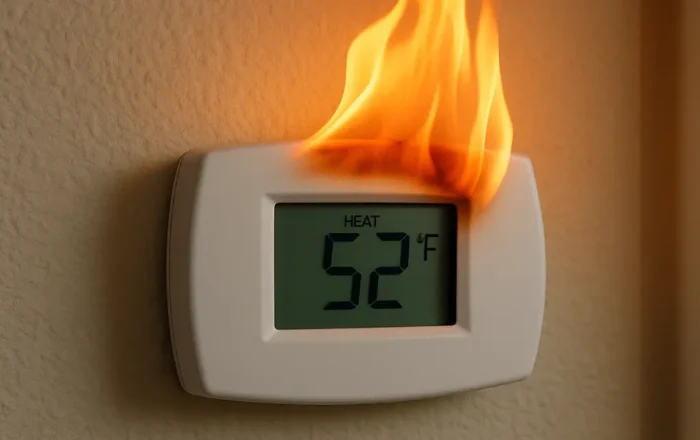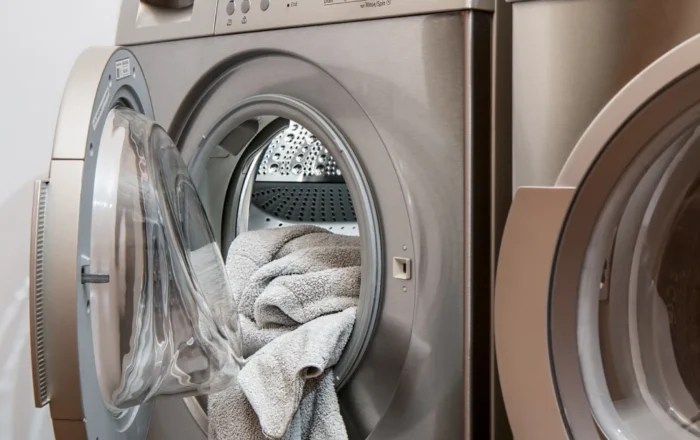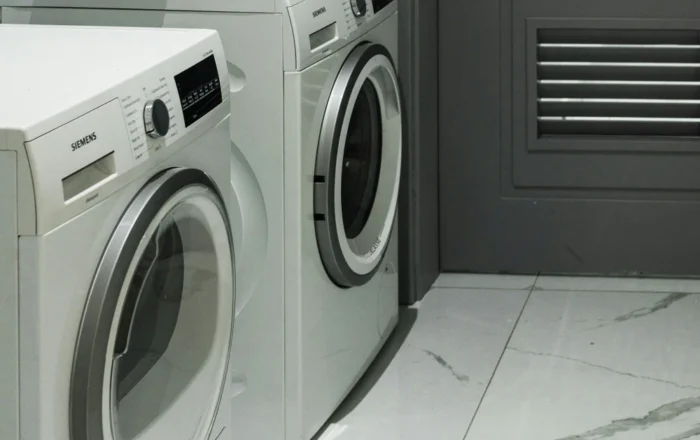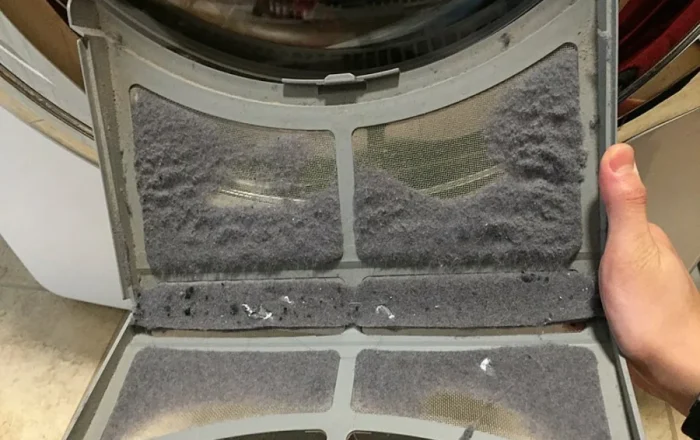Is My Thermostat Broken?
5 minute readHow to diagnose a faulty thermostat, fix common issues, and know when it’s time for a replacement.

How to diagnose a faulty thermostat, fix common issues, and know when it’s time for a replacement.

Ceiling fans use less electricity than air conditioners, offering an efficient, low-cost way to stay cool year-round in Texas

Energy Saving Tips Home Improvement
Choosing the right energy-efficient door can help Texas homeowners reduce cooling costs and improve home comfort year-round.

Did you know your ceiling fan can help you stay comfortable year-round and lower your electricity bill? The key is setting the right fan direction during summer and winter. Here’s how it works and how to change the ceiling fan direction in just a few seconds. Winter Ceiling Fan Direction…

As an essential kitchen appliance, microwave ovens are the unsung heroes of many households, making it easy to defrost frozen meals, reheat leftovers, and more. But have you ever wondered how much power a microwave uses and how it impacts your electric bill? In this quick guide, we’ll discuss typical…

Energy Saving Tips Home Improvement
Smart home devices promise convenience, security, and energy efficiency—but do they actually save you money in the long run? With the rising popularity of smart thermostats, energy-efficient lighting, and automated appliances, many homeowners are eager to cut costs on utility bills. However, the upfront investment and ongoing maintenance can make…

Energy Saving Tips Home Improvement
It’s hard to imagine modern life without a washing machine. Have you ever stopped to wonder how much electricity they use? Whether you’re trying to lower your electricity bills or simply curious about your household’s energy consumption, this quick guide will tell you everything you need to know, including: We’ll…

For many American households, a clothes dryer is an essential appliance. It’s convenient, time-saving, and beneficial during colder winter months when outdoor drying isn’t an option. But have you ever wondered how much energy your dryer uses and what that means for your electricity bill? In this quick guide, we’ll…

Energy Saving Tips Home Improvement
Most people assume that removing visible debris from their dryer vent and cleaning the dryer lint screen is all the maintenance required to ensure smooth running. But, there’s a bit more to it than that. In this quick guide, you’ll learn everything you need to know about dryer lint trap…

What can you do when your upstairs is hot and your downstairs is cold?

Energy Saving Tips Home Improvement
Whether you’re whipping up a quick weeknight dinner, preparing a weekend feast, or tackling a recipe for a special occasion, your oven may play a key role in bringing meals to life. With regular use, you might wonder how much energy your oven uses—and how it impacts your electric bill. …

The holiday season is a time to spread joy and brighten our homes. However, decorating with festive lights can lead to higher energy bills. Christmas lights, while beautiful, can add to electricity costs during an already expensive season. So, how much energy do Christmas lights use? In this quick guide,…